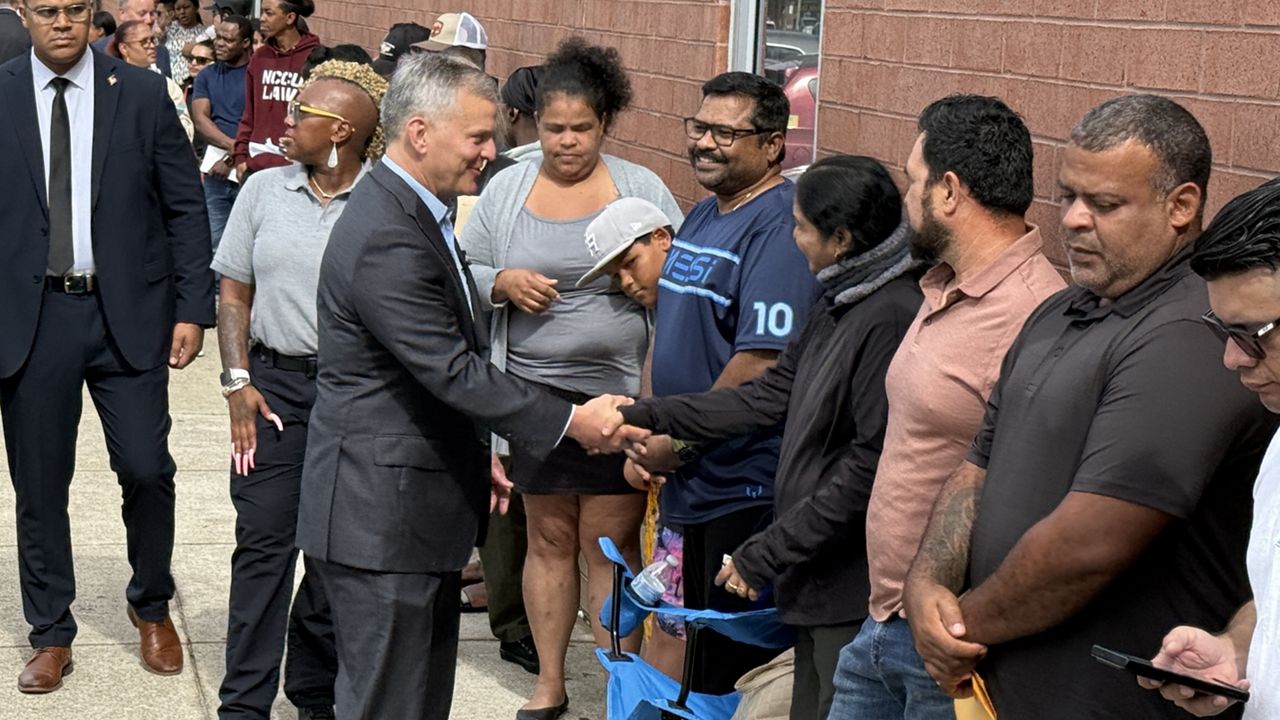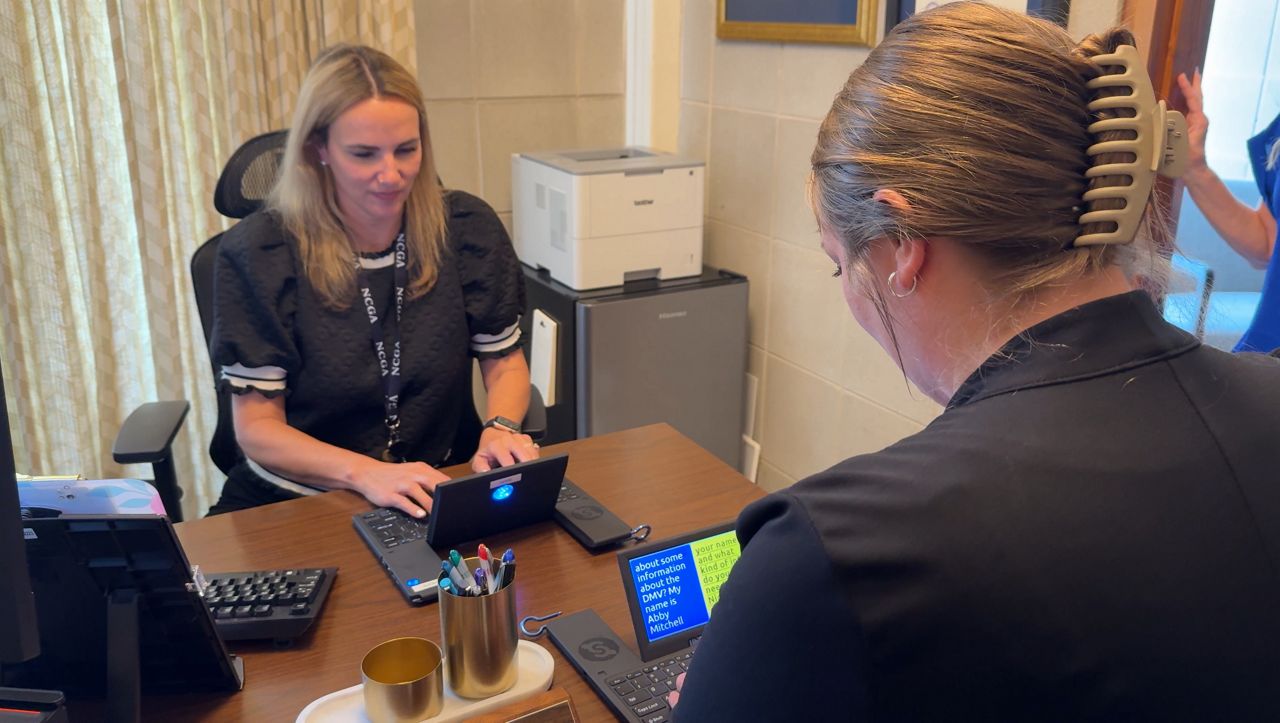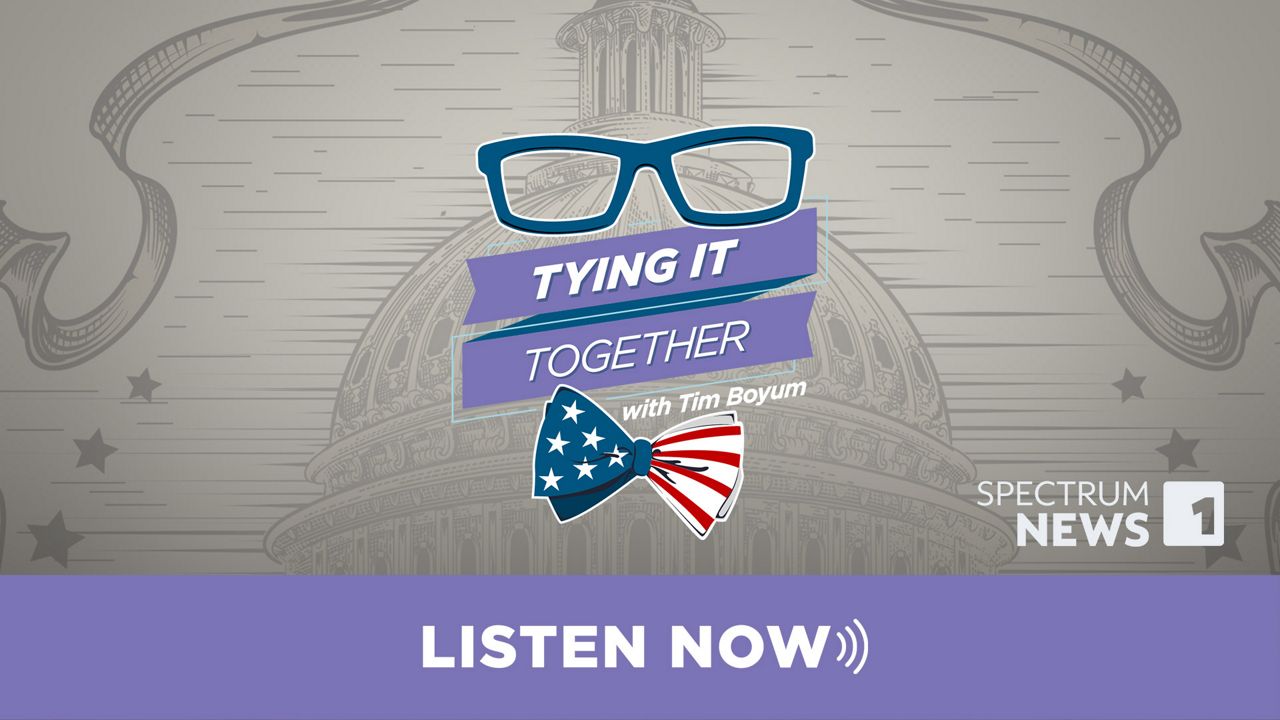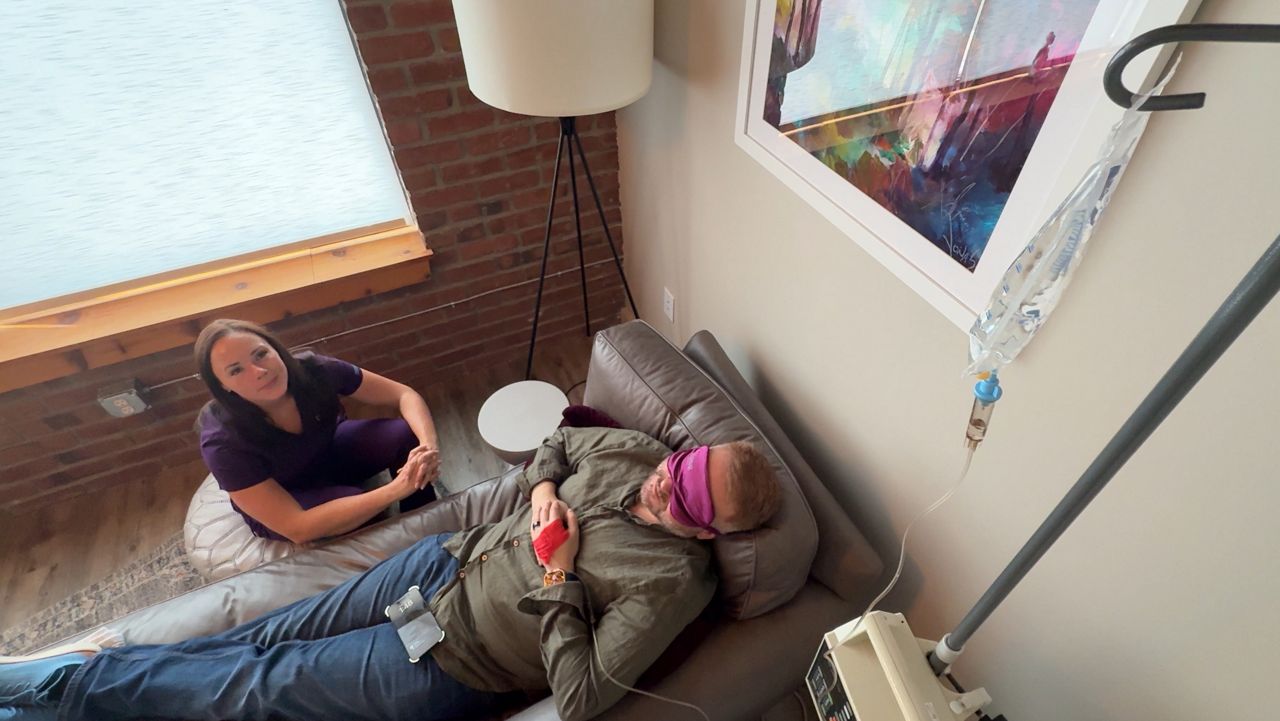CHARLOTTE, N.C. — Life looks very different for Hogan VanSickle at 41 than it did at 34.
When she was 34, VanSickle was in a car accident and suffered a spinal cord injury that changed her life.
“You don't know what you don't know, and that's the problem with most all of these things, is this type of injury, this can happen to anyone at any time, and, you know, you're not prepared for it,” VanSickle said.
Her life changed dramatically. She had to sell her home and move back to North Carolina to be near her family.
That’s where the state’s Olmstead Plan came in to play but not immediately.
For two years, VanSickle lived in a skilled nursing facility. She didn’t want to be there but didn’t know about the options she had.
It took a near tragedy for her to find out.
She had an infection that turned septic, and while she recovered she needed a lot of help. She met some health care workers who told her about Olmstead.
The plan is the “blueprint” for the state, outlining decisions and finances meant to improve the lives of individuals with disabilities and their families.
For VanSickle, it was a way to move home.
“They got me what I needed. They told me about Money Follows the Person, which is a program designed to help people make modifications at their house to be able to move into. So I used that to be able to build ramps to get into my house.”
She says she’s an example of what the plan can get right, but there are still a lot of issues.
For one, the waitlist can take years, she says.
The N.C. Department of Health and Human Services is working on a new Olmstead Plan to cover 2024 and 2025.
It is updating strategies, goals and date targets.
The department says there are some issues, like workforce shortages and a lack of data in the past, that it's working to address.
The public comment period for the new plan ends on Thursday, and you can find more information here.
VanSickle says she remembers how much she hated life when living in the facility.
Now, she’s nearing graduation for law school, living at home and making a difference.
“I'm so much happier now and I have so much more freedom and I can do what I want. I have a sense of purpose,” VanSickle said.










